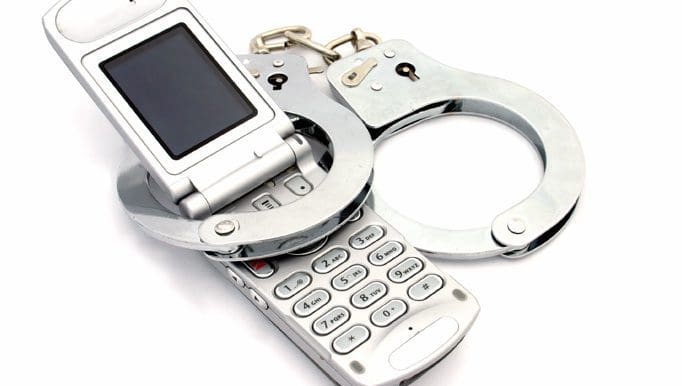Warrantless searches: Recent cases have considered new technologies and the issue of whether seizing a laptop, smartphone, or cell phone requires a warrant before police can search it.
A warrant is an official authorization that authorizes police to search and seize evidence that may be relevant to an offense. If it is found that police searched items without first getting a required warrant, the evidence can be deemed inadmissible or thrown out. Warrantless searches can lead to significant legal challenges regarding the admissibility of evidence.
In Ontario, Kevin Fearon, the accused, was arrested for the robbery of a jewelry store with a firearm. Upon arrest, a police officer conducted a pat-down search and found a cell phone, which was on and not passcode protected. When the phone contents were examined, the police found photographs of a gun and cash, as well as an incriminating unsent text message.
As a general rule, police may only search a person or place likely to contain evidence relating to a crime if they have obtained a search warrant. The primary exception to this rule is the common law doctrine of search incident to arrest, which permits officers who have made a lawful arrest to conduct a limited search of the suspect and surrounding area for specific purposes. This exception raises important questions about warrantless searches and their implications for privacy.
Warrantless Searches in Different Canadian Provinces
The Ontario Court of Appeal found that seizure of the cell phone properly fell under the principle of search incidental to arrest, and therefore the Court did not determine whether there was a cell phone exception to the rule or was the search of a cell phone an unreasonable search and seizure.
Fearon’s phone was not a smartphone and only had basic functions like text messaging and a camera. The Court of Appeal held that if the cell phone had been password protected or locked, it would not have been appropriate to open the cell phone and examine its contents without obtaining a warrant, as this would indicate a higher expectation of privacy.
Some commentators have suggested that there is an implication that if the phone had been a smartphone, there may have been a higher expectation of privacy. However, the Court of Appeal did not explicitly say that unlocked cell phones are okay for police to search without first receiving a warrant. What the Court did say was that the requirements for a search incident to arrest must, in every case, be met, particularly in the context of warrantless searches.
By contrast, the Nova Scotia Court of Appeal held in another recent case that a complete search and download of smartphone contents was beyond the scope of a search incidental to arrest. It also affirmed the heightened expectation of privacy in smartphones due to the amount of personal material and information a smartphone holds, comparing smartphones to laptops. The Court analogized the case to those involving computers and took the view that Fearon stands for the proposition that a warrant is required for a “locked” cell phone.
The Fearon case is on appeal again, this time to the Supreme Court of Canada. The Supreme Court heard the appeal in May 2014, and a decision has yet to be rendered. Given that courts in different provinces have differing opinions on the issue, it will be interesting to hear what the highest court level in the country finds.
Update: In December 2014, the Supreme Court of Canada ruled that police have the power to search cell phones upon arrest and without a warrant. This decision has significant implications for discussions surrounding warrantless searches. Read The Globe and Mail article here and the Supreme Court of Canada decision here.
Click to learn more Canadian legal cases.
Need legal aid in Winnipeg? Fill out our contact form, and we will try to help with your personal case.
Tags: Criminal law questions


